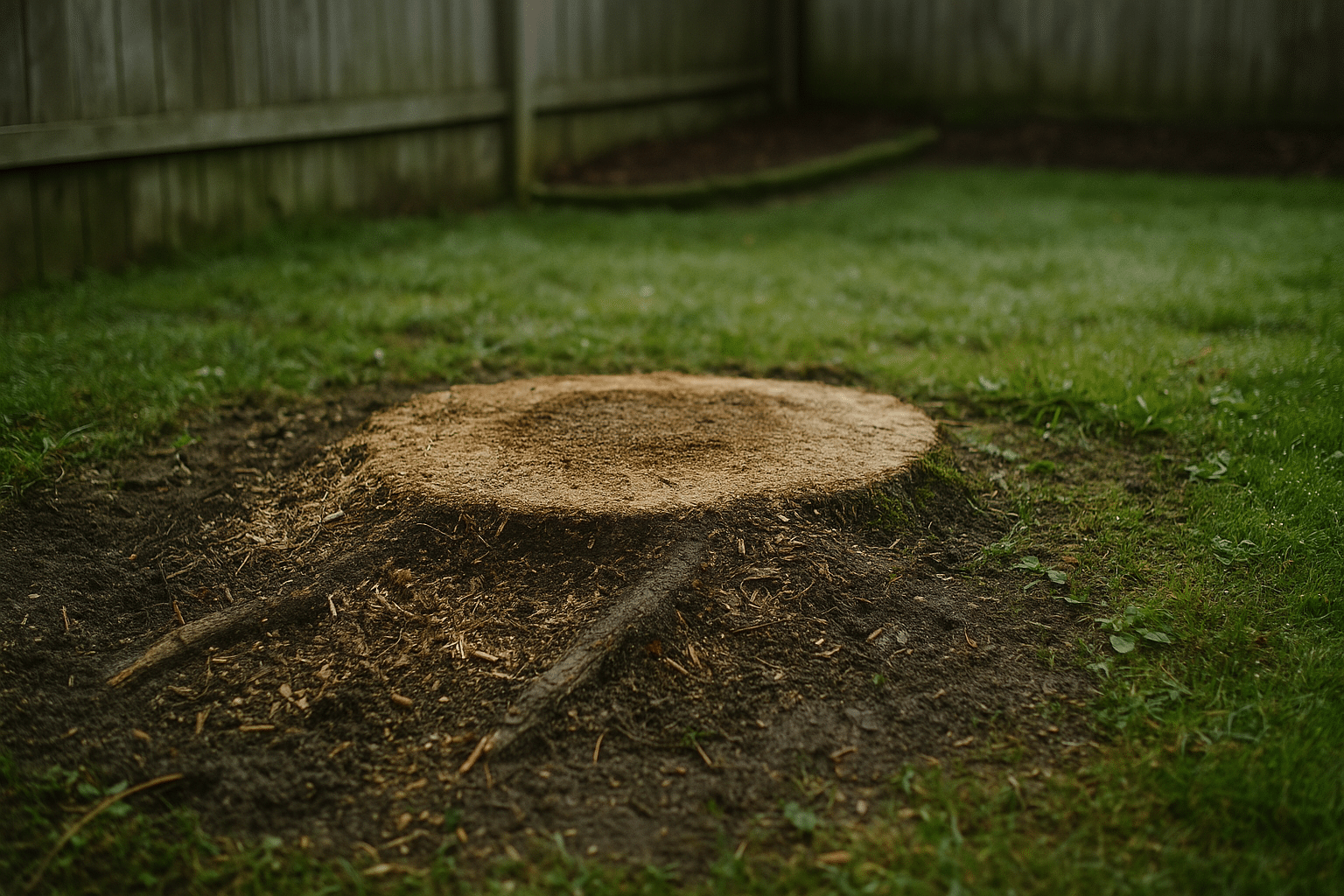
How to Start an Eco-Friendly Workshop at Home
Creating an eco-friendly workshop at home is not just a trend but a meaningful way to contribute to environmental sustainability while engaging in practical DIY projects.
Setting Up Your Eco-Friendly Workshop
Starting an eco-friendly workshop at home provides a unique opportunity to combine creativity with sustainability. According to a recent study, incorporating green practices in personal workshops can reduce waste by up to 30%. This means less environmental impact and a healthier planet.
Choosing the Right Space
Selecting the perfect area in your home is crucial. Look for spaces with natural light to reduce energy consumption. A garage or a basement with proper ventilation can work wonders.
Essential Tools and Materials
Opt for tools made from recycled or sustainable materials. For instance, hand tools with bamboo handles are both durable and eco-friendly.
Table: Eco-Friendly Tools to Consider
| Tool | Material | Eco-Friendly Feature |
|---|---|---|
| Hammer | Recycled Metal | Reduces Waste |
| Screwdriver | Bamboo Handle | Sustainable Resource |
| Paint Brushes | Natural Bristles | Biodegradable |
| Measuring Tape | Recycled Plastic | Reuses Materials |
| Saw | Steel | Long-Lasting |
| Drill | Rechargeable Battery | Energy Efficient |
| Level | Recycled Aluminum | Reduces New Material Use |
| Chisel | Wood Handle | Renewable Resource |
Sourcing Materials Sustainably
When it comes to materials, consider using reclaimed wood or recycled metal. Many online platforms offer these materials at competitive prices, making it easier to find what you need without compromising on sustainability.
Expert Opinions on Eco-Friendly Workshops
“An eco-friendly workshop not only benefits the environment but also promotes a healthier workspace, free from toxic materials,” says green building expert Mark Thompson.
Creating a Waste Management System
Implement a waste management system to recycle or repurpose materials. Set up bins for sorting different types of waste like paper, metal, and plastic.
Actionable Tips for Success
- Plan your projects to minimize leftover materials.
- Use non-toxic paints and finishes to maintain air quality.
- Regularly audit your workshop practices to identify areas for improvement.
Frequently Asked Questions
How can I ensure my workshop is energy efficient?
Utilize LED lighting and energy-efficient appliances to reduce energy consumption.
Where can I find sustainable materials?
Look for online stores that specialize in eco-friendly products, or check local classifieds for reclaimed materials.
Conclusion
Starting an eco-friendly workshop at home is a rewarding endeavor that supports both personal creativity and environmental sustainability. By making mindful choices about your tools and materials, you can significantly reduce your carbon footprint and inspire others to do the same. Take the first step today and transform your home workshop into an eco-friendly haven.


